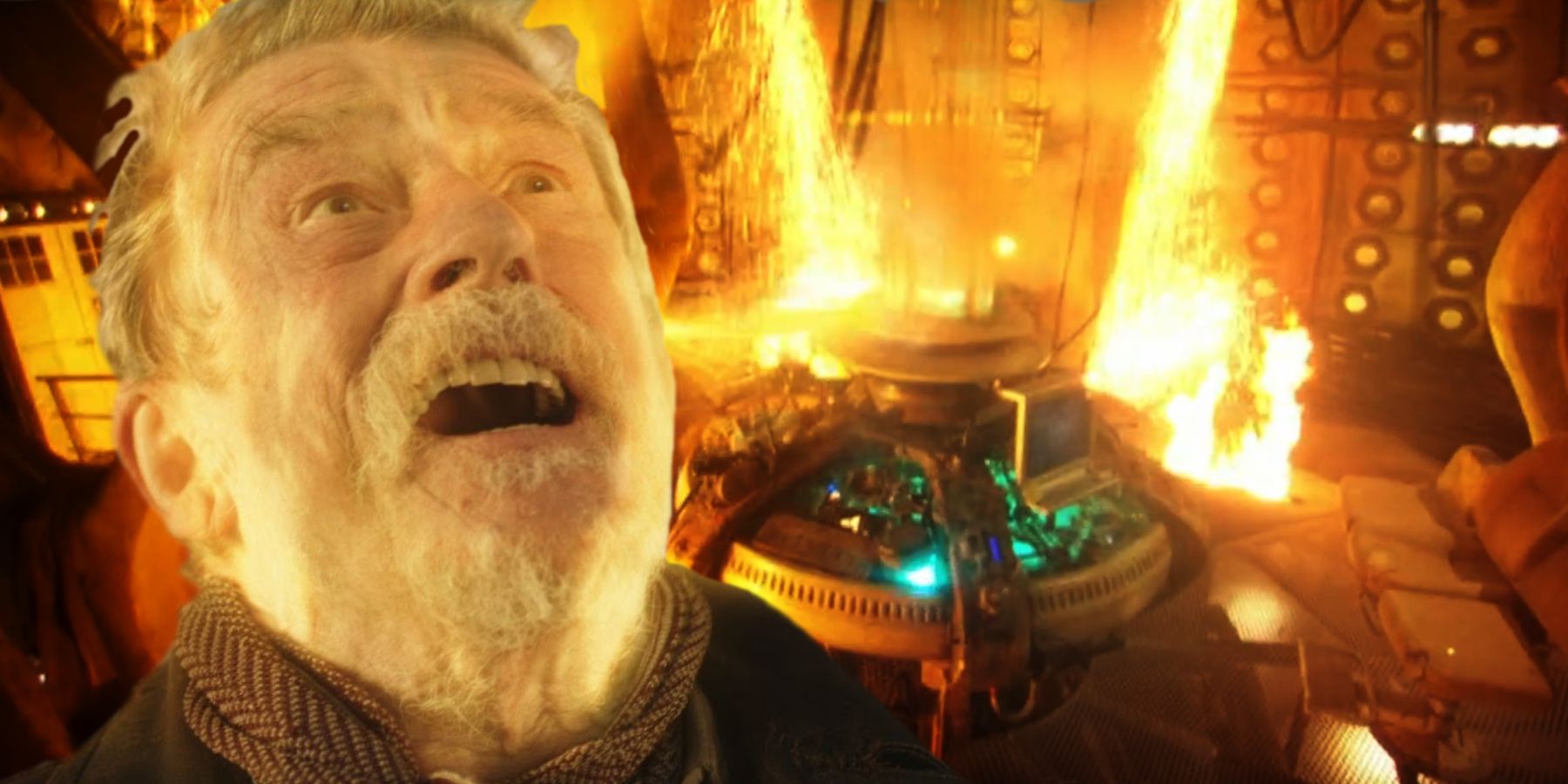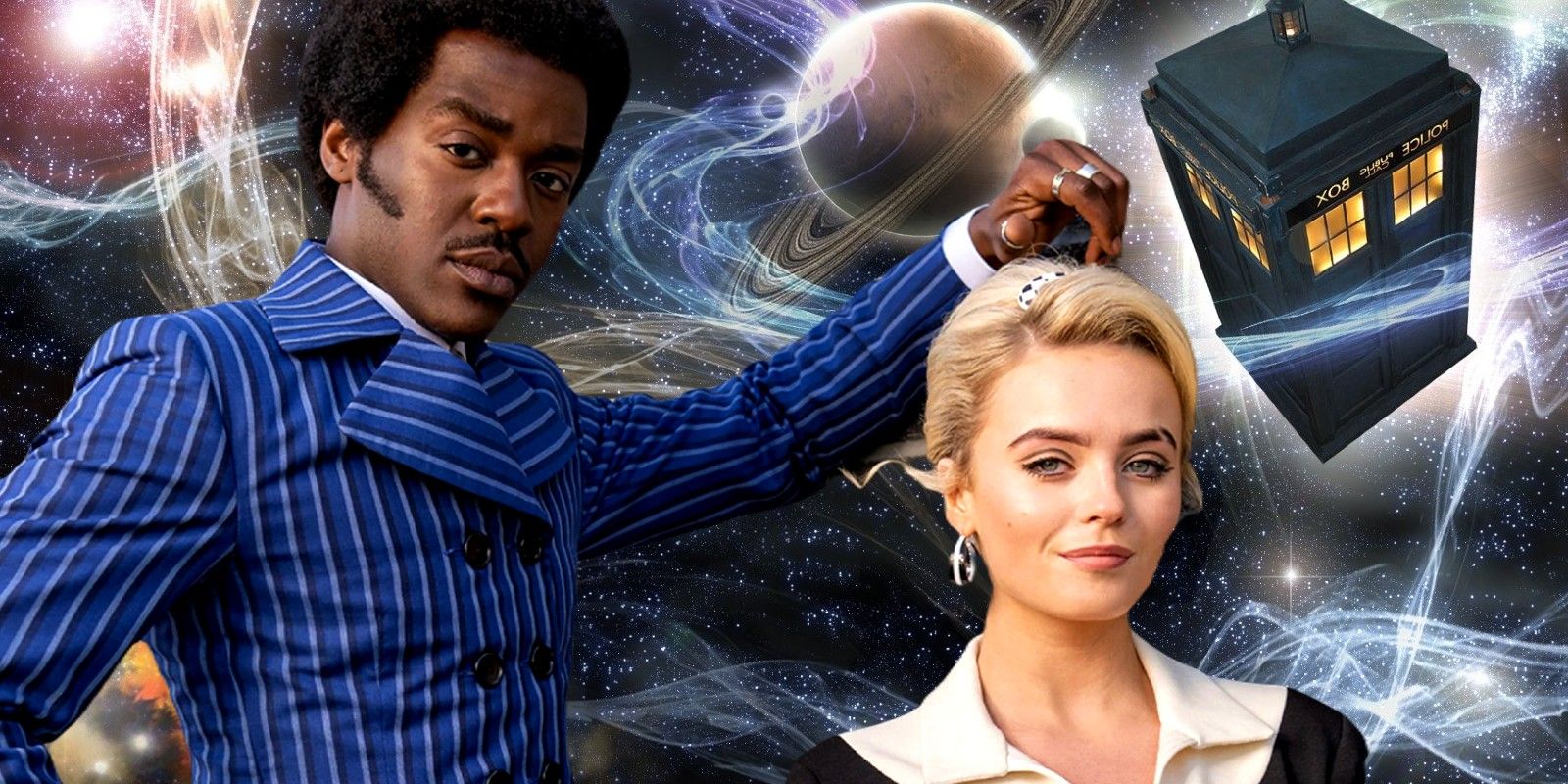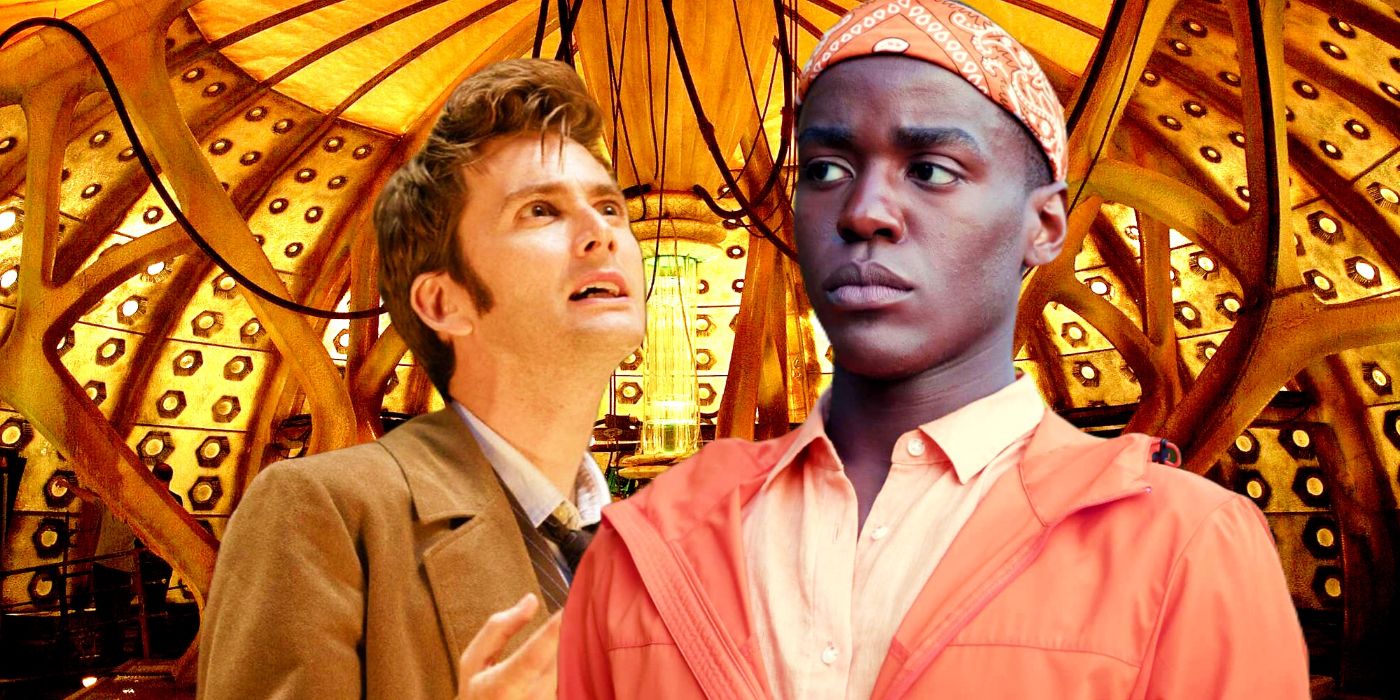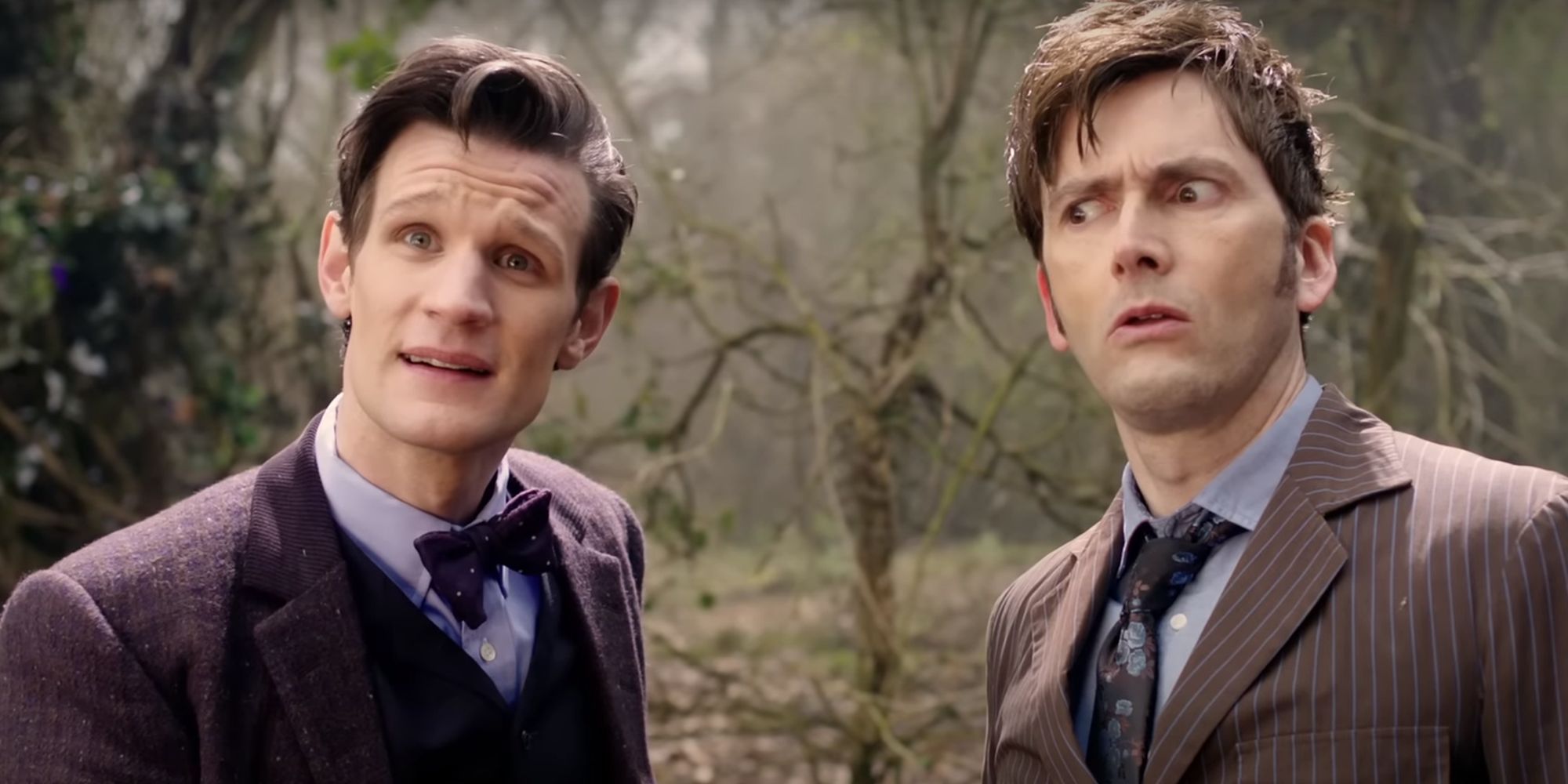
Doctor Who: Decoding the Timeless Appeal

Discover the intriguing concept of bigeneration in Doctor Who! Explore its impact on the existing canon and delve into what this means for the beloved franchise moving forward
Doctor Who recently introduced a groundbreaking concept to the show's mythology: bigeneration. What exactly is bigeneration, and what does it mean for the future of the franchise?
The term was first introduced in the final Doctor Who 60th anniversary special, "The Giggle," during the pivotal confrontation between the Fourteenth Doctor (played by David Tennant) and the Toymaker (portrayed by Neil Patrick Harris).
The Doctor is mortally wounded by the Toymaker and begins the process of regeneration. However, this apparent transformation is revealed to be a trick, as the Time Lord does not actually change into the next incarnation. Instead, the Doctor divides into two separate entities – the Fourteenth Doctor and the Fifteenth Doctor (Ncuti Gatwa) – marking a groundbreaking moment for the Doctor Who series. Major spoilers for "The Giggle" ahead.
What is bigeneration in Doctor Who?
Bigeneration is a unique adaptation of the Time Lord race's regeneration power. In this process, the regenerating Time Lord persists alongside their future self, as the name implies.
The Fifteenth Doctor stated that Time Lord society had always considered bigeneration to be a myth, and the reason for the Fourteenth Doctor experiencing it was not explicitly revealed in "The Giggle." However, it is likely that the Toymaker's reality-bending presence, which can make the impossible possible, played a role.
It remains unclear how connected past and present incarnations are post-bigeneration, although the Fifteenth Doctor demonstrates a thorough knowledge of the Fourteenth Doctor's history. Additionally, the Fifteenth Doctor mentioned that he would also benefit from any new memories or personal growth that the Fourteenth Doctor experiences, likening it to "rehab backwards."
How does bigeneration affect existing Doctor Who canon?
The co-existence of the Fourteenth and Fifteenth Doctors is currently uncertain. Following the airing of "The Giggle," Doctor Who fans engaged in debates regarding the potential merging of the Fourteenth Doctor with his successor.
Showrunner Russell T Davies recently disclosed that the introduction of the Fourteenth Doctor had a significant impact on the timeline of the Time Lord's predecessors. During his commentary for "The Giggle" (via Radio Times), Davies mentioned that "a whole timeline regenerated... I believe all of the Doctors were revived with their own TARDISes, courtesy of the Toymaker. They are now all out there exploring the universe in what I am referring to as a Doctor verse."
This aligns with the Tales of the TARDIS spinoff series, where the Seventh Doctor (Sylvester McCoy) attributes his presence to timeline-related antics. "Time streams are peculiar," he mentions in the sixth episode. "In some, I regenerate. In others, I don't."
As a result, this suggests that there is no longer a singular, unified Doctor Who timeline. It also creates the potential for future multi-Doctor adventures. However, fans should not anticipate the reappearance of Tennant's Fourteenth Doctor in the near future, as Davies stated that the character is currently "parked."
Stream Doctor Who: The Giggle now on BBC iPlayer (UK & Ireland) and Disney+ (elsewhere). For the latest news and updates on Doctor Who, visit Dexerto’s comprehensive coverage here. Keep in mind that clicking on a product link on this page may result in us earning a small affiliate commission.
Editor's P/S
As a hard fan of Doctor Who, I am thrilled with the introduction of the concept of bigeneration. It adds a new layer of complexity and intrigue to the show's mythology and opens up a wealth of storytelling possibilities. The idea of two Doctors co-existing and interacting with each other is both exciting and thought-provoking, and I can't wait to see how it develops in future episodes.
The implications of bigeneration for the Doctor Who franchise are vast. It could lead to new types of adventures, new villains, and new ways for the Doctor to interact with the universe. It also raises questions about the nature of regeneration and the Doctor's identity, which are sure to be explored in future episodes. Overall, I believe that bigeneration is a brilliant addition to the Doctor Who universe and I can't wait to see where it takes us.













